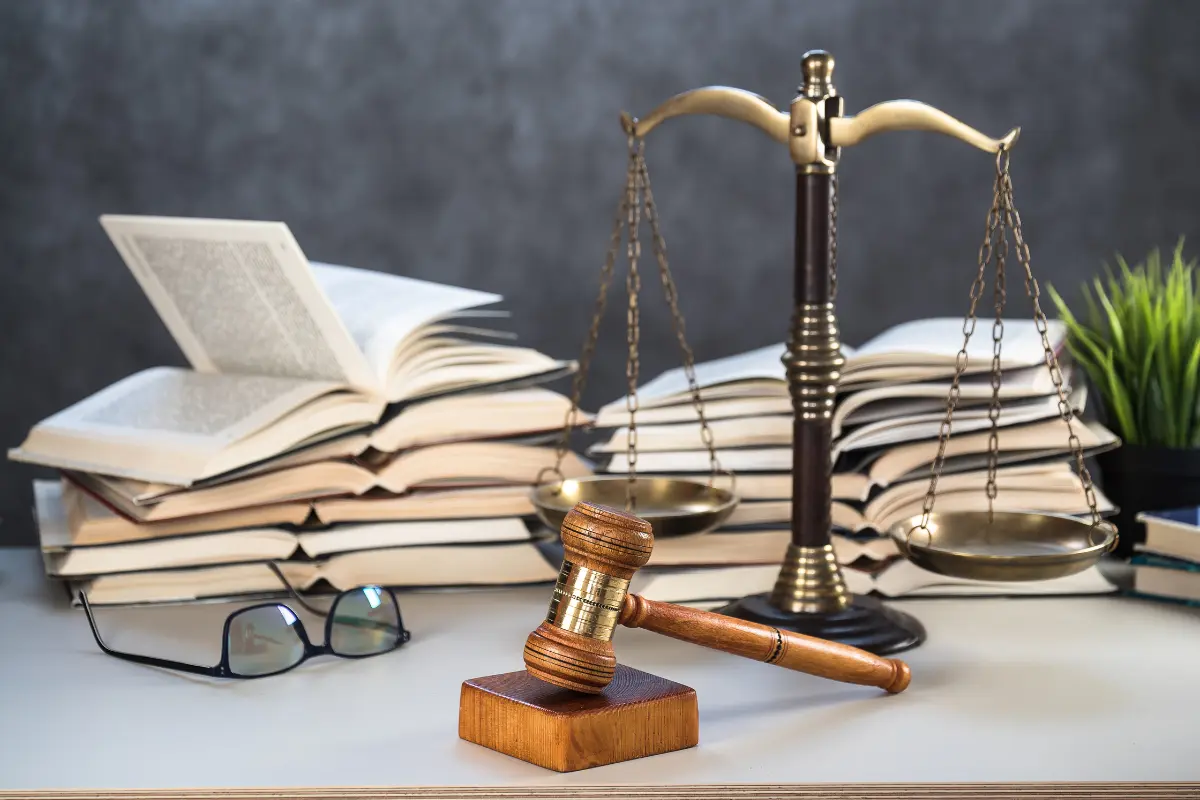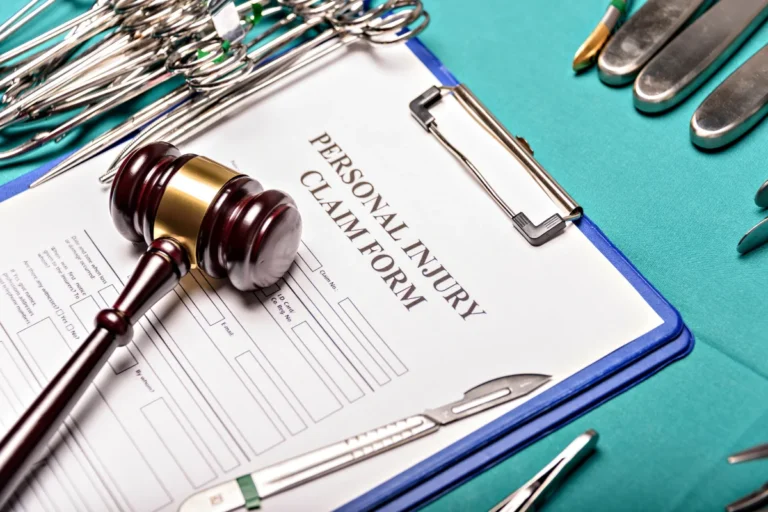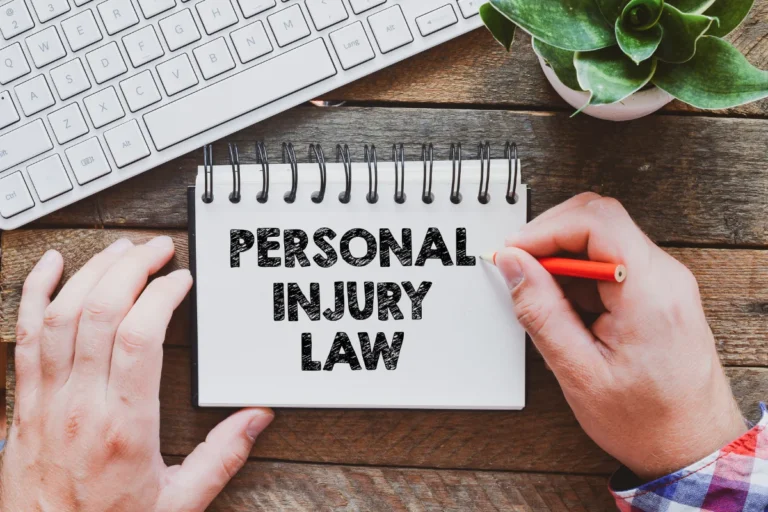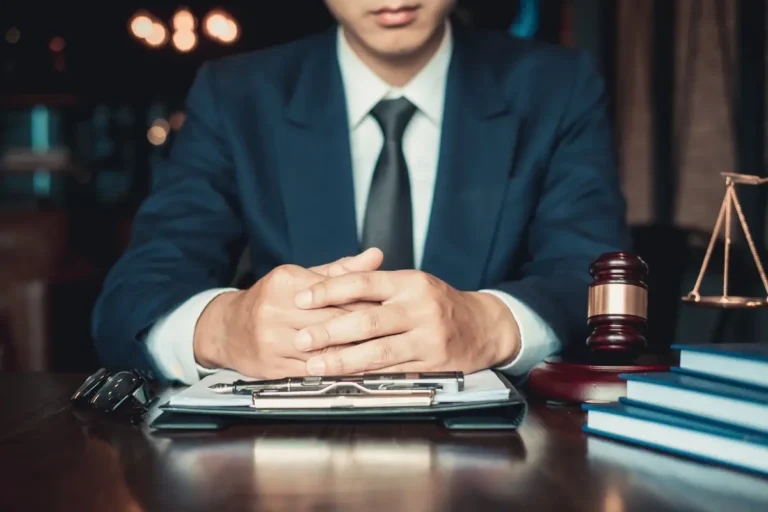Being involved in a road traffic accident can be stressful and overwhelming. Whether it’s a minor fender bender or a more serious collision, the emotions and confusion can often cloud your judgment.
One of the most important things you must do after an accident is stop your vehicle and deal with the situation appropriately. However, if you fail to stop for the police after an accident, there are serious consequences that could impact your life, your finances, and even your future.
In this article, we’ll explain what happens if you fail to stop for the police after an accident, the penalties you could face, and the potential legal issues that could arise. It’s important to understand your responsibilities on the road and how to handle such situations to avoid severe repercussions.
What Does It Mean to Fail to Stop After an Accident?
When you’re involved in an accident, the law requires you to stop and provide details. If you fail to do so, you are committing an offence. This applies whether the accident is minor or significant. If the accident results in injury or property damage, you must stop to exchange details with the other party involved.
The law expects drivers to do everything possible to ensure that the other person has the information they need, including your name, address, vehicle registration number, and insurance details. If you’re unable to exchange details at the scene, you must report the accident to the police within 24 hours. Failing to stop or report an accident is considered a serious violation of the law, and it carries penalties.
What Are the Legal Penalties for Failing to Stop?
If you fail to stop for the police after an accident, the penalties can be severe. Here’s a breakdown of what you could face:
Fines
A fine is one of the most common penalties for failing to stop after an accident. The amount can vary, but in some cases, it can be substantial. The fine you may be required to pay could be up to £5,000, depending on the severity of the offence and whether you have a history of traffic violations.
Penalty Points
In addition to a fine, you could also receive penalty points on your driving licence. This will add to your driving record and could affect your future insurance premiums. Typically, you can expect to receive between 5 and 10 penalty points. If you accumulate 12 or more points within a three-year period, you could face disqualification from driving.
Imprisonment
In the most severe cases, failing to stop after an accident can result in a prison sentence. If the accident caused serious injury or death, or if there were aggravating circumstances such as driving under the influence of alcohol or drugs, the court could impose a prison sentence. This is not common, but it can happen in extreme cases where the offence is particularly serious.
Driving Disqualification
If you’re convicted of failing to stop for the police, a driving disqualification is a potential penalty. The court has the discretion to ban you from driving for a period of time. This disqualification can range from a few months to several years, depending on the circumstances of the offence. Being disqualified means you will not be legally allowed to drive during the specified period.
Vehicle Seizure
In some cases, the police may seize your vehicle if they believe you failed to stop deliberately or in a reckless manner. If this happens, you may face additional charges, and retrieving your vehicle could come with significant costs.
Court Summons
Failing to stop for the police may lead to a court summons. This means you will be required to appear in court to answer for the offence. Ignoring a court summons can result in even more severe consequences, including further charges and penalties.
Increased Insurance Premiums
An offence of failing to stop can also impact your insurance premiums. Insurance companies view this as a serious breach of the rules, and as a result, they may increase your premiums. In some cases, insurers may refuse to cover you altogether, leaving you with limited options.
Why Is Failing to Stop After an Accident Taken So Seriously?
There are several reasons why failing to stop after an accident is taken very seriously under UK law:
- Protecting the Rights of Others: The law is designed to ensure that those involved in an accident have the opportunity to exchange details and ensure that victims of accidents are compensated. By failing to stop, you may prevent someone from receiving the necessary assistance.
- Ensuring Accountability: If you’re involved in an accident, you must take responsibility for your actions. Failing to stop can be seen as an attempt to avoid accountability, which can worsen the situation for all parties involved.
- Preventing Further Harm: Accidents can cause injury, and failing to stop means that you might not provide the necessary help, such as calling emergency services. This can make the situation more dangerous for those involved, particularly if they need urgent medical attention.
What If You Didn’t Know You Were Involved in an Accident?
Sometimes, drivers may not realise they’ve been involved in an accident. This could happen if the collision was minor, or if you were distracted at the time. However, you are still legally obligated to stop if you were involved in any way.
If you didn’t realise you were in an accident, but later discover that there was damage or injury caused, you should report the incident to the police as soon as possible. In these situations, you may have a valid defence for not stopping immediately. Nonetheless, it’s crucial that you report the accident within 24 hours to avoid the legal consequences of failing to stop.
Legal Defences: When Can You Avoid Penalties?
In some cases, there may be valid defences that could reduce or avoid penalties. Here are some common defences:
- Lack of Knowledge: If you were unaware that an accident had occurred (for example, if there was very little damage), you might have a defence. However, it’s important to report the incident to the police as soon as you realise what happened.
- Reasonable Excuse: If you had a legitimate reason for not stopping (for example, you were trying to find a safe location to pull over), this may be considered a reasonable excuse. However, the courts will carefully review the circumstances of your case.
- Failure to Identify the Other Party: If you were unable to exchange details because the other driver fled the scene, this might affect your case. However, it is still important that you report the incident to the police as soon as possible.
What Should You Do if You’re Accused of Failing to Stop?
If you’re accused of failing to stop for the police after an accident, it’s important to take the situation seriously. Here are a few steps you should follow:
- Seek Legal Advice: It’s essential to speak to a solicitor who specialises in motoring offences. They can guide you through the process, advise on potential defences, and help you prepare for court if necessary.
- Report the Accident: If you haven’t already done so, make sure you report the accident to the police within 24 hours. This is a crucial step in showing that you’re taking responsibility for the incident.
- Cooperate with the Authorities: If the police contact you, cooperate fully with the investigation. Being obstructive or uncooperative will only make the situation worse.
Conclusion
Failing to stop for the police after an accident is a serious offence with significant penalties. Whether you’re faced with fines, penalty points, imprisonment, or a driving ban, the consequences of not stopping can have long-lasting effects on your life and your driving record.
It’s crucial that you understand your responsibilities as a driver, not only to comply with the law but also to ensure the safety and wellbeing of others on the road. Always stop after an accident, exchange details, and report the incident to the police if needed. If you’re unsure about what to do, seek legal advice as soon as possible to protect your rights and minimise the potential consequences.




